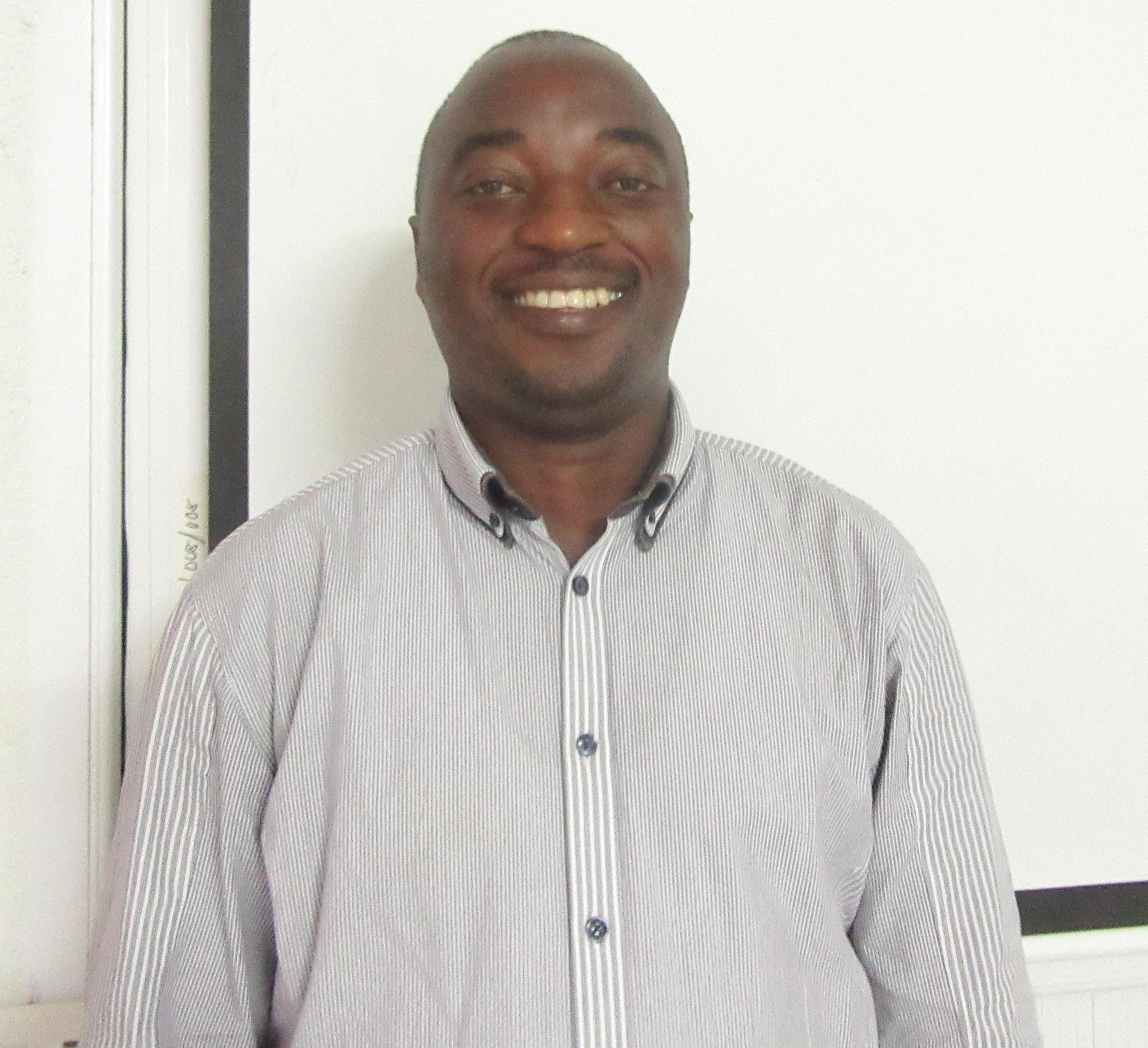Researcher of the Month: Dr Revocatus Machunda

Dr Revocatus Machunda
Dr Revocatus Machunda is a Senior Lecturer at the Nelson Mandela Institute of Technology, based in Arusha, Tanzania. He serves as Co-PI on the WaterAid project, Cities of Tomorrow. Here, he tells us a bit about his background and his work.
What is your background?
For my undergraduate, I majored in Chemistry and Microbiology, and later I did a Masters in Environmental Sciences, majoring in biogas production from biomass waste. For PhD, I focussed on electrochemistry and catalysts. Currently, I work as a Senior Lecturer at the Nelson Mandela Insitute of Technology in Arusha, teaching subjects like Chemistry.
What made you interested in WASH?
Since I finished my PhD studies, I found it difficult to access the facilities to continue doing this type of work in material science. I had an interest in water treatment, and based on my background in biogas production, I saw that this linked to the value chain of wastewater and waste treatment, and I could apply the knowledge I’d gained in my previous studies to address some of these issues.
What are you currently working on?
As a co-PI for the Babati project, I spend much of my time in Babati, in the field. During the training of the enumerators, I was involved 100%, as well as for the pretesting of the tools which we did nearby. I also particiapted during the data collection and household surveys, and supervise the team. We also have the shit flow diagram, so I’m spending much of the time in the field to understand more and to ensure that the information we are collecting will feed into the analysis.
What do you enjoy most about your work?
Previously, much of my work was in the lab. When I started going to the field to work with the communities, I learnt a lot and this has made me try to link whatever I do to the fieldwork – to get more experience so we can address the issues that the community are facing in a much broader way.
What is the most challenging aspect of your work?
For the Babati project, one thing that is challenging is that I’m involved in several activities and also teaching at the university. I have to supervise, visit the field frequently and check everything has been done correctly, which takes a lot of time. Sometimes you are needed somewhere and you cannot go because you have another responsibility.
Another challenge I face is with the participants we are working with – sometimes there’s a disconnect between what researchers feel are right and what participants they think. Often you have to spend much time explaining so partiicpants understand and you can get the right information – sometimes we may fail to make a sound decision because information provided was not the one we were expecting.
How would you like your research to impact policy?
Many aspects of the Babati project is involving policy issues – we are trying to address things like solid and liquid waste collection, and other sanitation issues in Babati. If this is addressed well, ad the policies are there and in place, we can make sure that whatever we recommend can be taken up into action.
If there was one thing you could change about your work, what would it be?
There’s a lot I would wish to change! But I think most importantly I would like to collaborate better with the people we work with – to change the way they think. We want to produce results to have an impact on the society and for them to change the ways they are doing things – that’s my greatest desire, and also the project’s desire. It should also lead to behaviour change so that the people have access to sanitation, improved facilitates and uncontaminated groundwater. For me, it’s the people we are working with and the community itself – that’s what I want to change.
What advice would you give to someone starting out in this area?
We learn from experiences. Even for us, we are learning from experts in the area, who have published a good number of materials. For a young researcher, they have to learn from experiences of other people – to read, to see what’s been done, and to transfer this knowledge into the context they are working in. Passion is so important – if you want to address or achieve something, you must have passion.
